Description
This plant is restricted for shipment to CA, OR
Latin Name: Quercus muehlenbergii
Common Names: Chinquapin Oak, Chinkapin Oak, Chestnut Oak, Yellow Oak, Rock Oak
Hardiness Zones: 4-7
Mature Height/Spread: Typically reaches 40-80 feet (12-24 meters) in height with a spread of 50-60 feet (15-18 meters). Under optimal conditions, it grows slowly to moderately, at a rate of 12 to 24 inches (30 to 60 cm) per year, and has a long lifespan. The tree has a rounded to slightly irregular crown.
Soil / Climate: The Chinquapin Oak thrives in a variety of soil types, including acidic, alkaline, loamy, moist, sandy, well-drained, wet, and clay soils. It is tolerant of both wet conditions and some drought, but performs best in well-drained areas that have not experienced severe drought. Prefers full sun. Native to the eastern United States.
Notes: The bark is thin and grayish-brown with a rough texture. The tree produces non-showy flowers as the leaves emerge. Male catkins are greenish-yellow and 3-4 inches (7-10 cm) long, while female flowers are reddish and grow in short spikes. The acorns are about 1 inch (2.5 cm) long with a scaly cap that covers approximately 0.5 inch (1 cm) of the acorn. The leaves are 4-7 inches (10-18 cm) long, shiny green, oblong, and narrow with pointed teeth. The tree typically does not produce a significant crop of acorns until around 30 years old. It is valued for shade and ornamental purposes. The leaves resemble those of the American Chestnut, which is reflected in its name, Chestnut Oak. Fall color ranges from yellow to yellow-brown to brown.
Problems: Common issues include cankers, shoestring root rot, oak wilt, powdery mildew, anthracnose, leaf spots, chestnut blight, and oak leaf blister. It may also be affected by galls, scale, oak lace bugs, caterpillars, borers, nut weevils, leaf miners, and oak skeletonizes.
Wildlife: The acorns are favored by wild turkeys, grouse, white-tailed deer, black bears, chipmunks, squirrels, and hogs. Cattle also consume the leaves.
Cold Stream Farm supplies Chinquapin Oak trees which are grown as bare root seedlings and transplants and sold both wholesale and retail with no minimum order.
Sources:
Additional information on Quercus muehlenbergii can be found on the link: USDA / NRCS PLANTS Database.

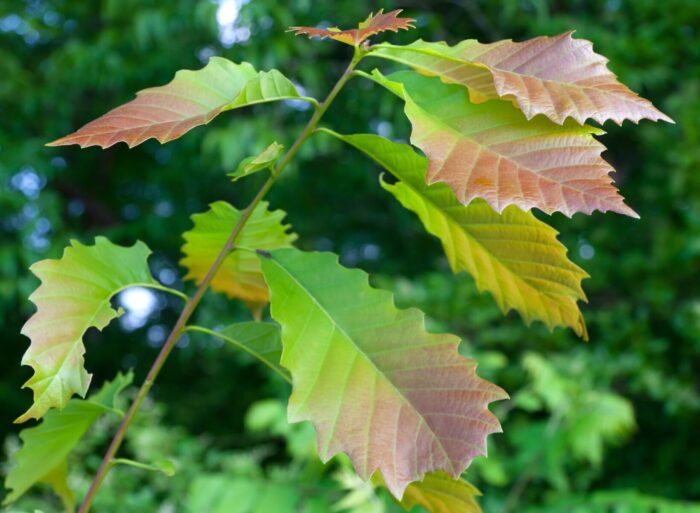
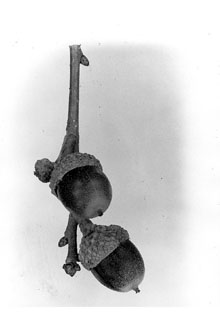
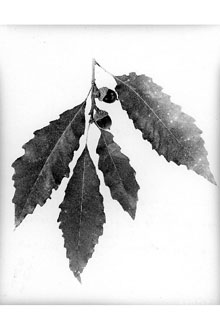
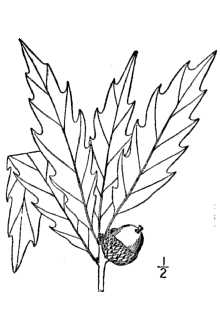
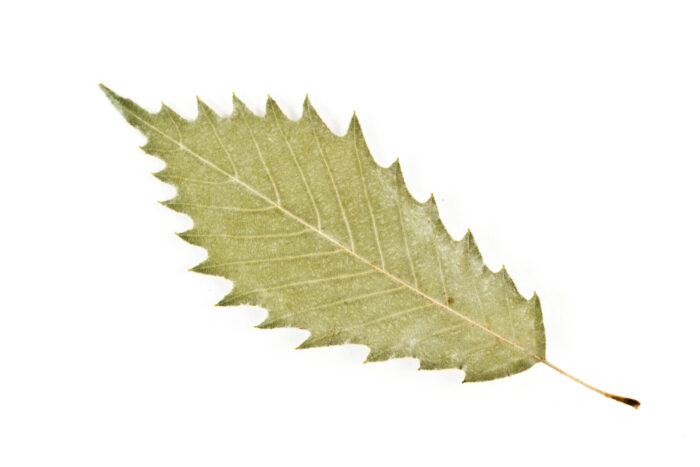
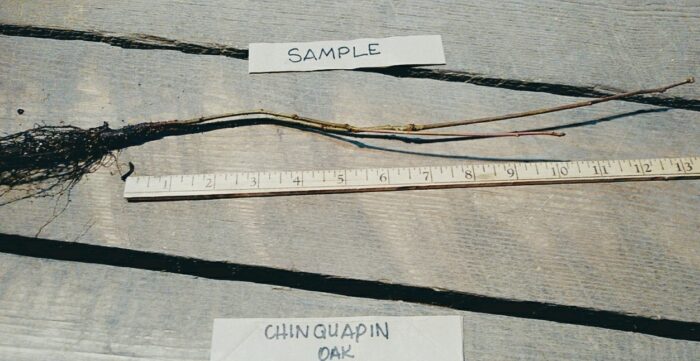
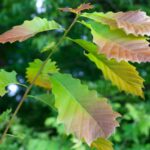
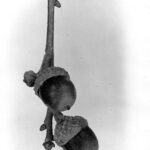
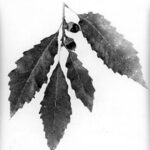
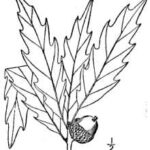
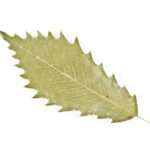
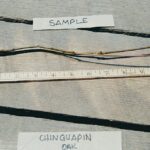
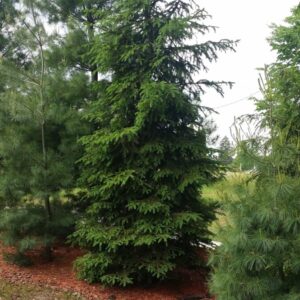
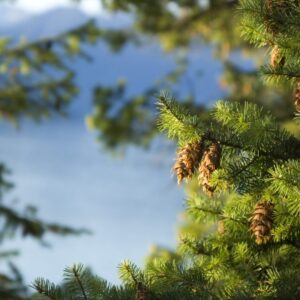

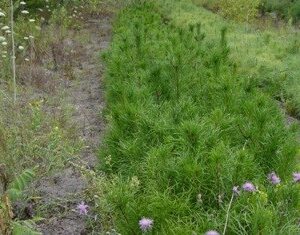
Reviews
There are no reviews yet.